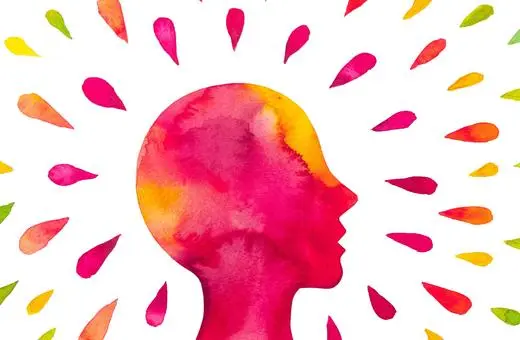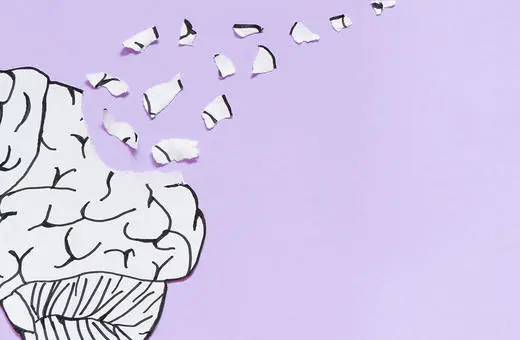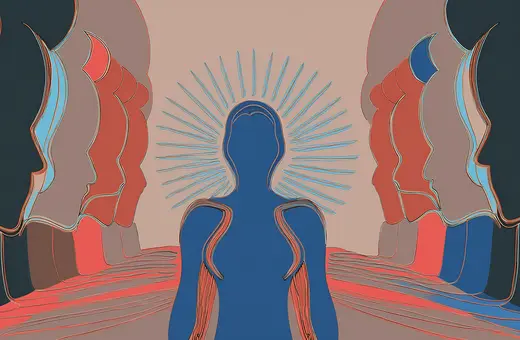It is important to strike a balance between the motivational and protective double-edges of fear. Individuals must not push themselves or be pushed to do the thing they fear prematurely. However, more than anything, moral courage requires the ability and willingness to risk doing the right thing even though others might disapprove of or exclude you, writes Dr Stephanie Fagin-Jones.
One of the main findings of my research on the personalities of the non-Jewish rescuers of Jews during the Holocaust was that one of the significant traits that distinguished these heroic individuals from a group of verified, passive bystanders was a willingness to undertake risk. This was in addition to the highest levels of empathy, social responsibility, and moral reasoning. Moreover, I discovered that this dispositional tendency characterized by care-based moral courage likely emerged via socialization experiences in the rescuers’ childhood, often under the guidance of a moral role model, typically a parent. Based on these findings, I developed a theory of prosocialization, defined as the practice of parenting with the intention to raise kind and morally courageous kids. Hence, when I became pregnant with twin boys in 2010, I resolved that I would do my level best to set aside my own fearful and avoidant behaviors and to model these prosocial and proactive traits as much as possible. Consequently, I decided to combat by lifelong phobia of snakes.
Several years ago when my boys were about five years old, I took them on a trip to Ithaca, NY, where we visited its renowned science museum. Among its main attractions was the house of reptiles. Prior to having kids, I wouldn’t have set foot in a museum that housed various species of vipers. However, on this occasion, I resolved to remain true to my commitment as a mother. So, with extreme trepidation, into the reptile house I ventured, accompanied by my two sons on each side. I tried to focus my mind on my breathing and away from the intrusive, irrational thought that the glass enclosures would suddenly disappear Harry Potter-like and that a giant boa constrictor would escape, slither over and squeeze me and my two lovely, innocent children to death.
As it happened, we were the only visitors that quiet early weekday morning at the museum, and just as I began my “hero’s journey” around the reptile house, a museum employee-in-training entered with her manager. The trainee was a slight, studious-looking young woman, barely in her twenties. Her task that day was to learn how to clean the habitats. In order to do so, she would have to reach her bare hand into the glass case and into the total darkness of an actual cave where a snake was snoozing and grab it.
To be clear, the napping inhabitant was neither a poisonous asp nor a giant constrictor, but rather a completely harmless, perhaps 3-foot-long corn snake. Nonetheless, it was a snake, and the trainee was terrified. Seizing the opportunity for a teaching moment, I crouched down unobtrusively in a far corner with my boys and watched. The burly manager encouraged the young woman to take her time as she repeated what soon became an increasingly intense, almost ritualized, choreography of courage. First, she sharply focused her attention on the cave; next, she grounded herself, taking several, audible deep breaths; then, she stretched out her hand toward the cave very slowly, gradually inching her way toward its entrance, only to abruptly recoil her hand each and every time.
___





















Join the conversation